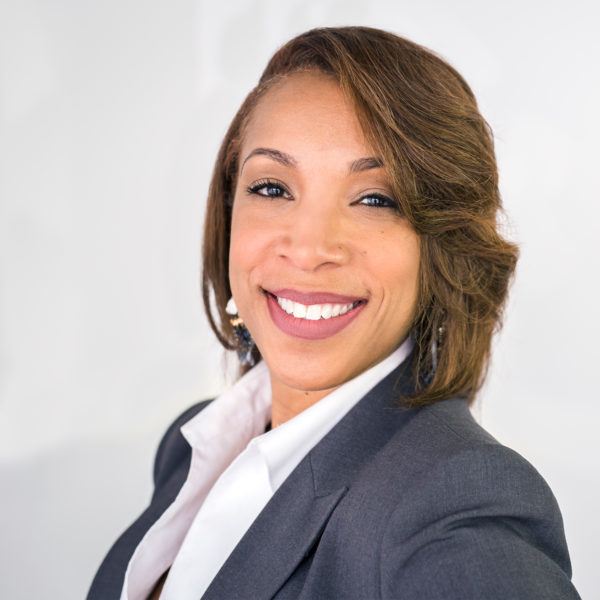 The Yunion serves youth and families in Metro Detroit through life skills, prevention, and work readiness programs, parent workshops, and mentoring. IFF sat down with Executive Director Nicole Wilson to learn more about how the organization is responding to COVID-19 and how the Paycheck Protection Program (PPP) may help them through this moment in history.
The Yunion serves youth and families in Metro Detroit through life skills, prevention, and work readiness programs, parent workshops, and mentoring. IFF sat down with Executive Director Nicole Wilson to learn more about how the organization is responding to COVID-19 and how the Paycheck Protection Program (PPP) may help them through this moment in history.
IFF: How did COVID-19 and the related shutdowns affect your organization?
Wilson: The Yunion is a youth-serving organization, so our primary target population is middle school and high school aged students. We deliver our services in partnership with schools, so of course when the schools shut down, that had a huge impact on our ability to continue serving our students. Many of our contracts with schools are based on billable unit rates; in a nutshell, that means if we don’t see the students, we aren’t able to capture revenue to fund our operations and pay our staff. That was very significant for us. We began to scramble and trouble-shoot on how we could continue serving our kids in a virtual capacity. We wanted first and foremost to continue supporting them and their families during such a traumatic time, while also trying to sustain the organization’s operations.
IFF: Why did you decide to pursue a PPP loan, and how do you think it will help your agency?
We moved in the third week of January, and by third week of March the pandemic had forced us to move out.
Eventually, that came to pass – but only for 3 weeks. And the reason why that was our reality for only 3 weeks is because I got an email from IFF regarding the PPP loan. I immediately called our IFF lender, Alexis Dishman; she walked me through the PPP process, and I applied that same day. Alexis has been so supportive, and IFF has been such a tremendous partner for our organization.
IFF: What was your experience like in getting the PPP loan?
Wilson: We applied for the first round of the PPP through our bank. Weeks passed by. Media reports started coming out. We heard rumblings that the money was about to run out. We never got a call. We never got a notification. We never heard back from our bank at all by the time the SBA publicized that all of the funds from the first round of money had run out.
Once we started the process with IFF, it was a very quick turnaround and we received feedback on exactly what we needed to do in order for our loan to be processed. I felt very supported – versus the experience we had with our own bank that we’ve been with for more than 20 years.
IFF: What’s one thing you’ve learned in this climate?
I think it did re-affirm for me as a leader our capacity to work together as a team, to troubleshoot, to grind it out together.
We also learned a lot from other organizations. We were able to meet with other leaders from our sector and share lessons learned – what we might want to do, or what we might want to stay away. Those types of opportunities are not very common in our sector because, usually, people are just so busy doing the work that there’s not a whole lot of time to stop and learn and get together with people. There were so many people and organizations that I had heard about but never met until now; we’ve been able to strengthen ourselves through that, and that’s been a positive experience in the midst of the pandemic.